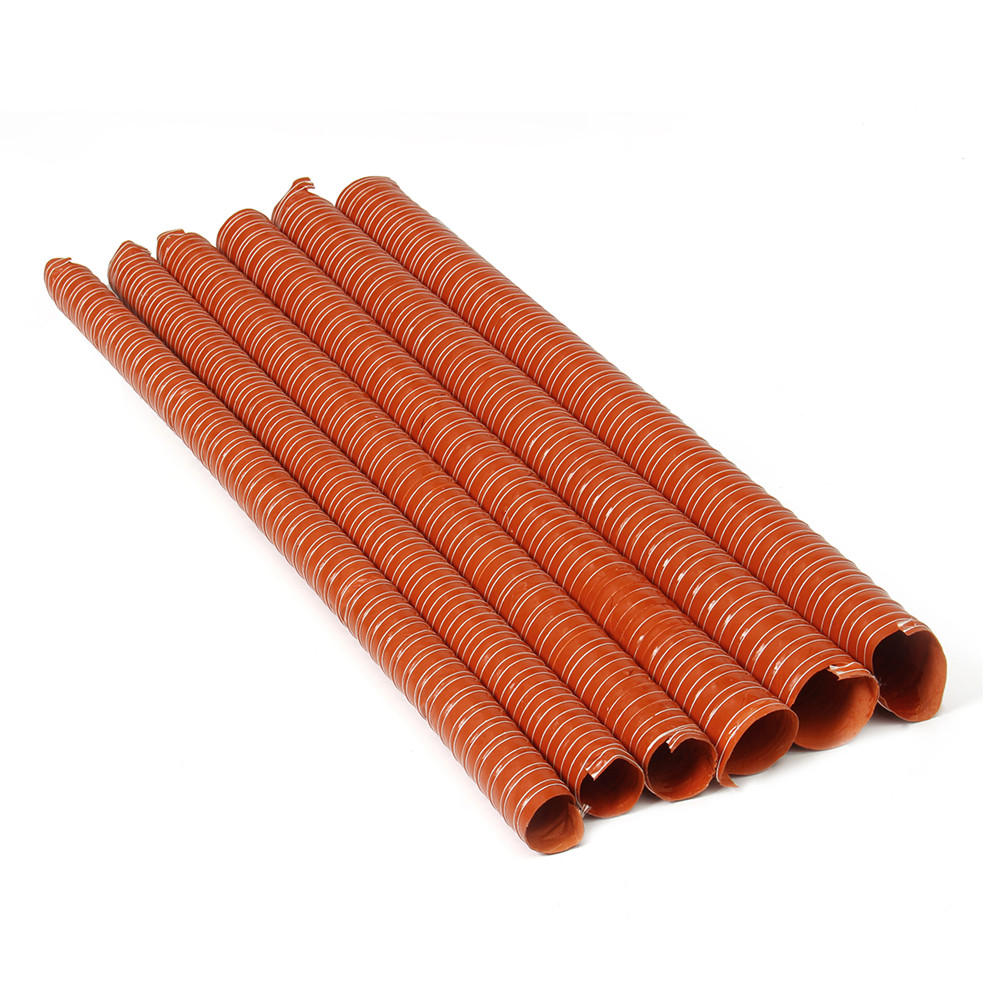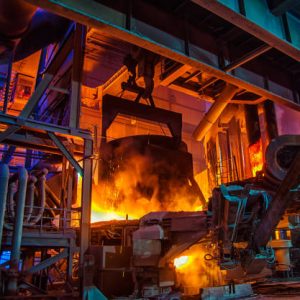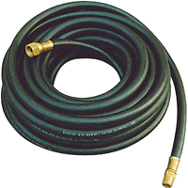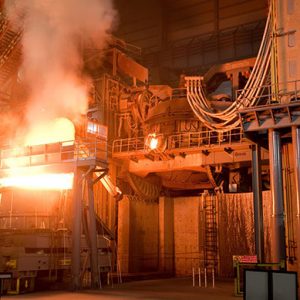Description
SILICON SUCTION HOSES MANUFACTURER IN KOLKATA
Silicone hoses, thanks to their unique physical and chemical properties, are widely used in many industries such as: pharmaceutical, biotechnological, medical, food, machine-building, construction, power industry and in many other sectors.
The physicochemical properties of the silicone hoses depend on their composition. Because manufacturers offer a great diversity of rubber types as well as various fillers, cross-linking agents and other ingredients but also different processing methods, it is possible to match silicone hose characteristics to specific operating conditions and Customer expectations.
The basic characteristics of the silicone rubber include:
resistance to both low and high temperatures with only minor changes in physical properties,
dielectric breakdown properties,
good resistance to oxidation,
physiological inertness,
high compressibility and resilience,
tear resistance
excellent resistance to infrared radiation, ultraviolet radiation, UV and weather conditions,
resistance to low pressure steam up to 3 atm. (high pressure steam causes partial degradation of silicone),
lack of resistance to concentrated acids, alkalis, petrochemical products with aromatic content.
Silicone-based hoses are normally manufactured using hydrogen peroxide cure system or platinum cure system technology. Some highly advanced applications require hoses cured on platinum rods. In order to produce hoses using the peroxide cure system, the hydrogen peroxide catalyst must be added to silicone elastomer, then two components are mixed to obtain smooth, homogeneous mixture. When the platinum cure system is used, two silicone elastomer parts of the same weight must be mixed. One of them contains platinum catalyst and the other contains cross-linking agent. Next, both substances are thoroughly mixed to obtain smooth mixture (without air bubbles or undesirable consistency of gel). Each of the systems above has both advantages and disadvantages.



